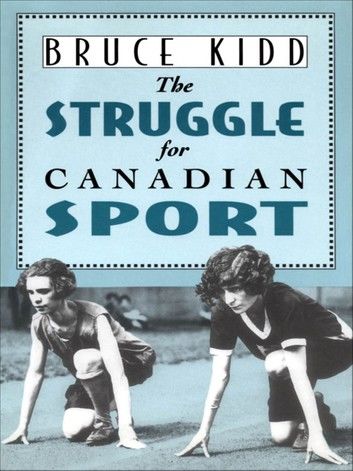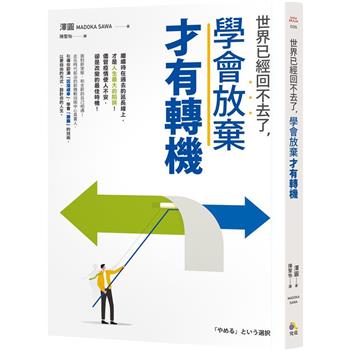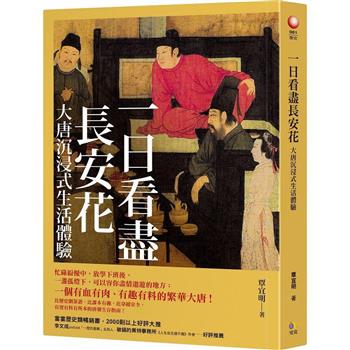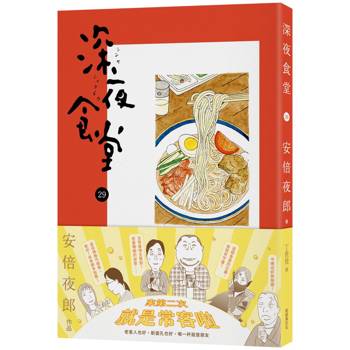| FindBook |
有 1 項符合
The Struggle for Canadian Sport的圖書 |
 |
The Struggle for Canadian Sport 作者:Bruce Kidd 出版社:University of Toronto Press 出版日期:1996-05-21 語言:英文 |
| 圖書館借閱 |
| 國家圖書館 | 全國圖書書目資訊網 | 國立公共資訊圖書館 | 電子書服務平台 | MetaCat 跨館整合查詢 |
| 臺北市立圖書館 | 新北市立圖書館 | 基隆市公共圖書館 | 桃園市立圖書館 | 新竹縣公共圖書館 |
| 苗栗縣立圖書館 | 臺中市立圖書館 | 彰化縣公共圖書館 | 南投縣文化局 | 雲林縣公共圖書館 |
| 嘉義縣圖書館 | 臺南市立圖書館 | 高雄市立圖書館 | 屏東縣公共圖書館 | 宜蘭縣公共圖書館 |
| 花蓮縣文化局 | 臺東縣文化處 |
|
|
Canadian sports were turned on their head during the years between the world wars. The middle-class amateur men's organizations which dominated Canadian sports since the mid-nineteenth century steadily lost ground, swamped by the rise of consumer culture and badly battered and split by the depression. In The Struggle for Canadian Sport Bruce Kidd illuminates the complex and fractious process that produced the familiar contours of Canadian sport today -- the hegemony of continental cartels like the NHL, the enormous ideological power of the media, the shadowed participation of women in sports, and the strong nationalism of the amateur Olympic sports bodies.
Kidd focuses on four major Canadian organizations of the interwar period: the Amateur Athletic Union, the Women's Amateur Athletic Federation, the Workers' Sport Association, and the National Hockey League. Each of these organizations became focal points of debate and political activity, and they often struggled with each other - each had a radically different agenda: The AAU sought `the making of men' and the strengthening of English-Canadian nationalism; the WAAF promoted the health and well-being of sportswomen; the WSA was a vehicle for socialism; and the NHL was concerned with lucrative spectacles.
These national organizations stimulated and steered many of the resources available for sport and contributed significantly to the expansion of opportunities. They enjoyed far more power than other Canadian cultural organizations of the period, and they attempted to manipulate both the direction and philosophy of Canadian athletics. Through their control of the rules and prestigious events and their countless interventions in the mass media, they shaped the dominant practices and coined the very language with which Canadians discussed what sports should mean. The success and outcome of each group, as well as their confrontations with one another were crucial in shaping modern Canadian sports.
The Struggle for Canadian Sport adds to our understanding of the material and social conditions under which people created and elaborated sports and the contested ideological terrain on which sports were played and interpreted.
Winner of the North American Society for Sports History (NASSH) 1997 book award
|










